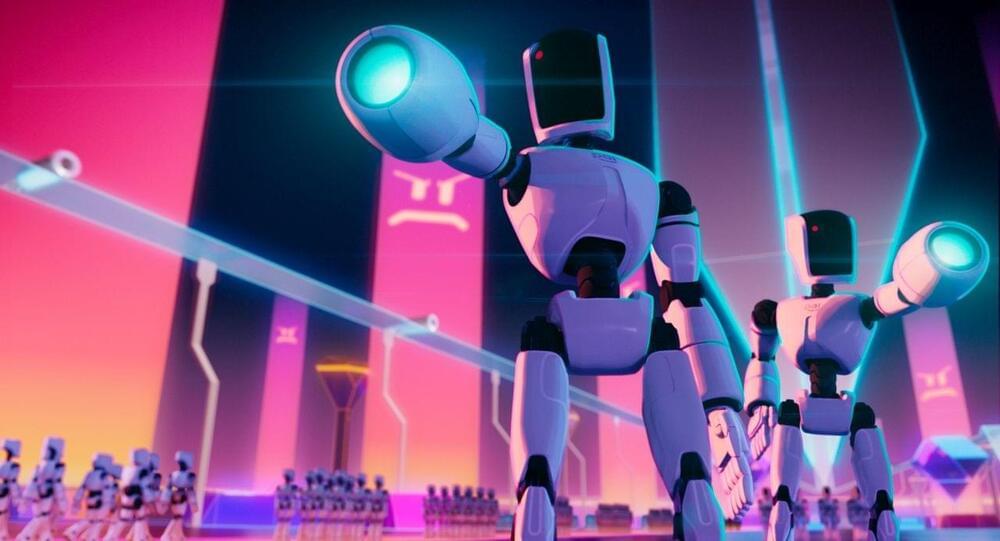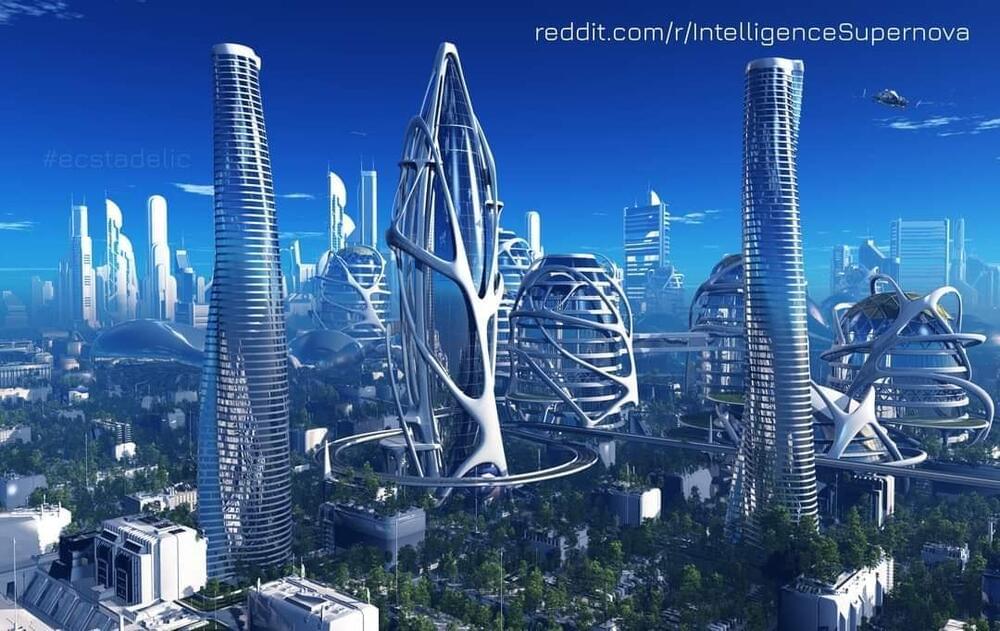0:00 PeopleLens AI Helps The Blind.
1:40 Brain Fingerprints Detect Autism.
4:52 AI Predicts Cancer Tumor Regrowth.
Learn more about the future of decentralized AI here:
SingularityNET AGIX Website — https://singularitynet.io
Developer Documentation — https://dev.singularitynet.io/
Publish AI Services — https://publisher.singularitynet.io/
AGIX Community Telegram — https://t.me/singularitynet
AGIX Price Chat Telegram — https://t.me/AGIPriceTalk
SingularityDAO Dynamic Asset Sets: https://bit.ly/3wzr00o.
SingularityDAO AI DeFi Website — https://bit.ly/3npymhA
SingularityDAO AI DeFi App — https://bit.ly/3K9TvWM
SingularityDAO Twitter — https://twitter.com/SingularityDao.
SingularityDAO Medium — https://medium.com/singularitydao.
SingularityDAO Telegram — https://t.me/SingularityDAO
#AI #News #ML

